Just like humans, horses start to have health problems as they age. Many of these issues are treatable, if not avoidable. As long as you know what to look out for, you can help ensure your horse has a long, healthy life. Do you know what symptoms to watch out for? What's just "old age" and what's more serious? With information from The Horse, Horse Magazine, and Equus Magazine, here are common problems in senior horses and how to prevent or treat them.
#1 - Arthritis
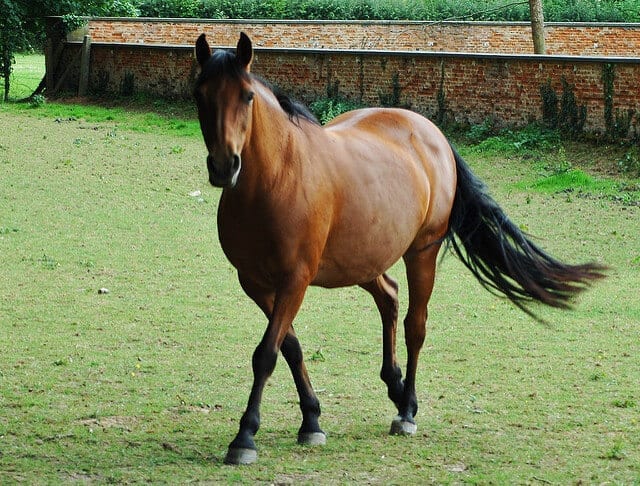
Most horses older than 20 have at least some arthritis. Light exercise can help prevent or reduce the symptoms of arthritis. Grazing in a pasture all day is a perfect way for your horse to get gentle, consistent exercise. It’s also crucial to manage your horse’s weight, as excess pounds will put extra strain on already sore joints.
#2 - Dental issues
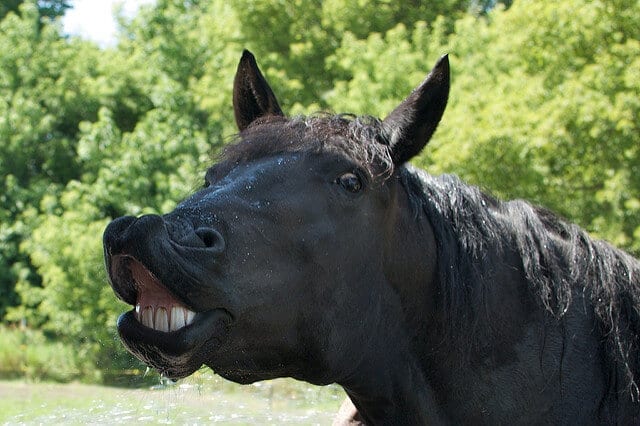
Most horses will experience dental issues of some sort as they age. Their teeth might wear unevenly, fall out, or even get worn straight down to the gumline. The vet should check your horse’s teeth at least once a year, and more often if your horse has missing teeth. If your horse starts dribbling grain or spitting out partially-chewed food, it’s time to call the vet. Luckily there are several food options for horses with compromised teeth, including senior foods which have been cooked to start the digestive process before the horse even eats it, which can help prevent colic and choking.
#3 - Hormonal or glandular diseases
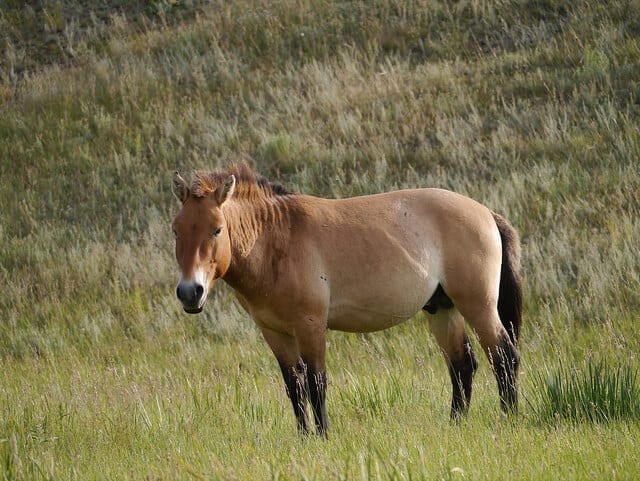
One very common problem in older horses is Equine Cushing’s Disease or Pituitary Pars Intermedia Dysfunction (PPID). Cushing’s is a hyperactivity of the pituitary gland that can cause a long and curly coat that may not shed in the summer; a pot belly; increased drinking, sweating, and urination; and recurrent problems such as infections with no apparent cause, laminitis, and foot abscesses. If your horse is exhibiting any of these symptoms, have your vet do a blood test. Cushing’s is treatable with daily medication.
#4 - Parasites
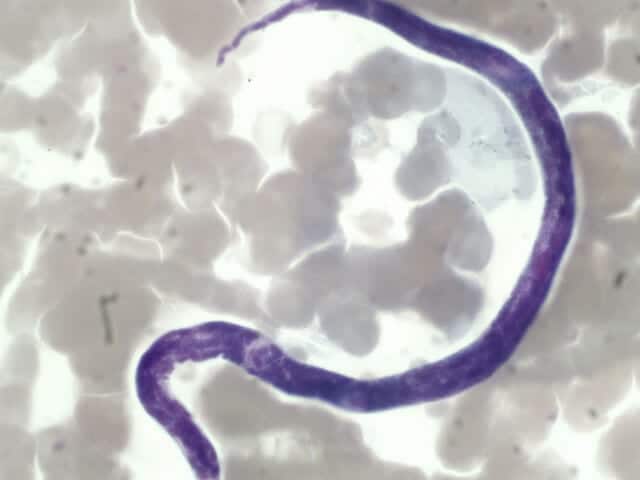
Older horses are more likely to suffer complications as a result of heavy parasitic burden. Symptoms include poor coat quality, poor body condition, weight loss, intermittent loose stool, and colic. Fecal egg counts will help you determine which anthelmintic to use.
#5 - Laminitis

While Laminitis can occur in horses of any age, it becomes a bigger problem in older horses. This inflammation of the soft tissues of the hoof may, in severe cases, cause extreme pain, inability to walk, weight loss, and poor quality of life. These symptoms may become severe enough to require euthanasia. Symptoms include heat in the hooves, lameness in more than one limb, increased digital pulses, and sensitivity to hoof testers. There are many different causes of laminitis, and it’s usually diagnosed by clinical presentation and radiographs of the horse’s feet.
Horse Courses by Elaine Heney
- Listening to the Horse - The Documentary by Elaine Heney & Grey Pony Films
- Shoulder In & Out Training for better balance, bend & topline development with your horse
- Over 110+ Polework Exercises & Challenges to Download
- Dancing at Liberty & Creating Connection with Your Horse (11 lessons) - Grey Pony Films
While you can’t prevent your horse from aging, a little extra care will ensure they live the healthiest senior years possible.

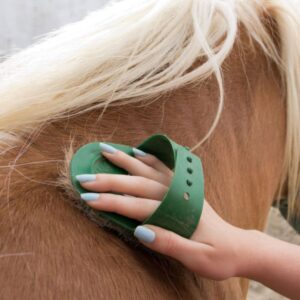
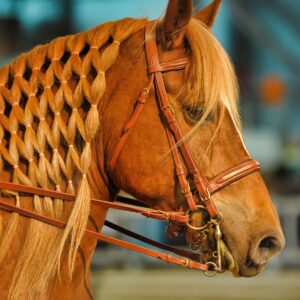
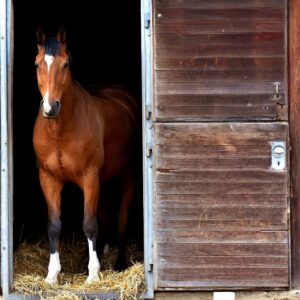
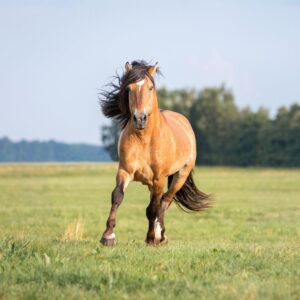
Leave a Reply